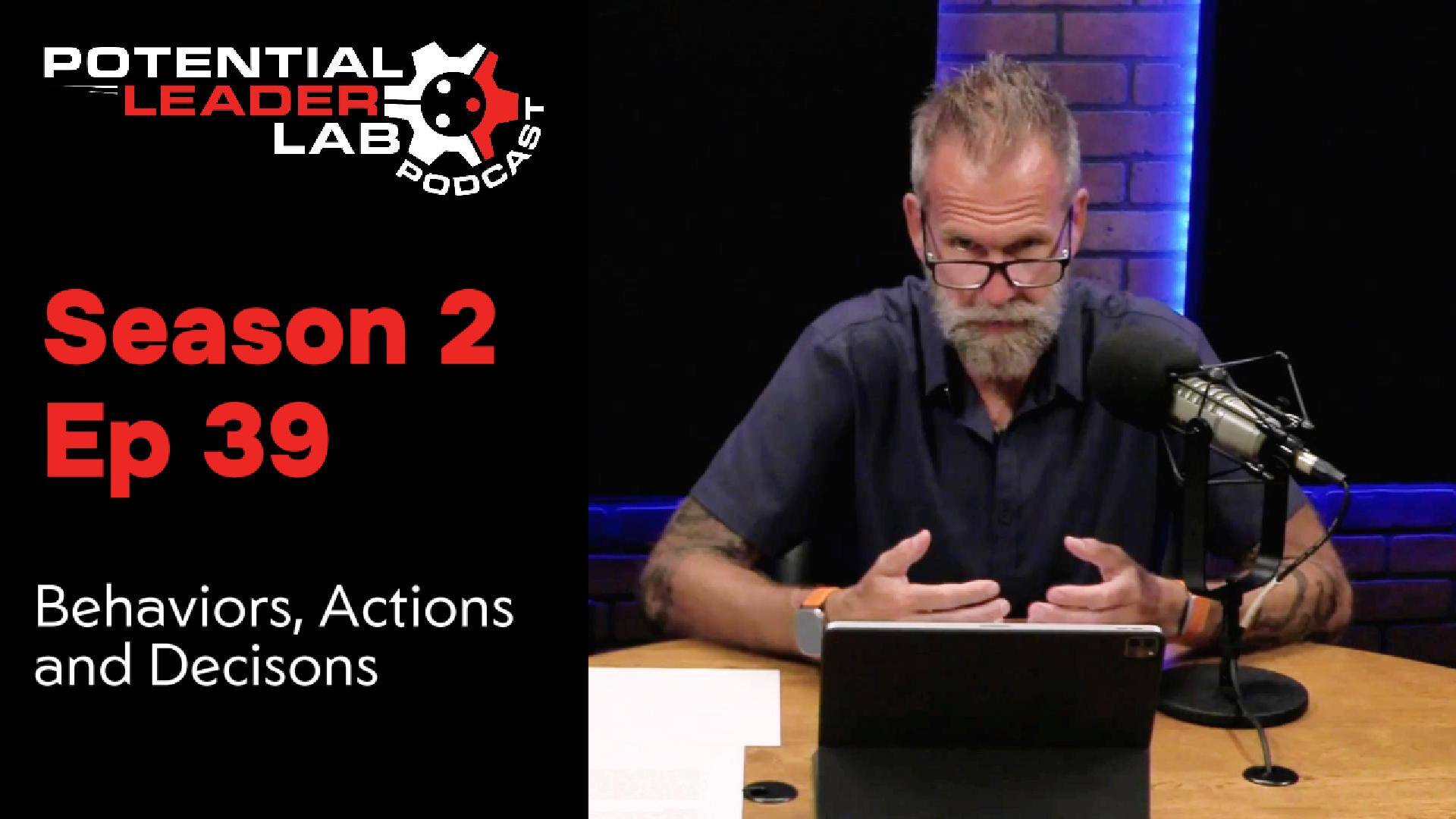
In today's episode of the Potential Leader Lab Podcast, we're digging into what personal values guide your actions, and how do you ensure that your behaviors consistently reflect these values?
This episode focuses on the concept of psychological flexibility and its critical role in shaping behaviors, actions, and decisions. Perry offers insights on how to improve leadership potential through specific steps and the overall philosophy that underpins personal growth.
Psychological flexibility is introduced as a six-step process, crucial for anyone looking to lead effectively.
You'll learn to understand the importance of adapting interactions to specific contexts and people, the value of a growth mindset, and the power of vulnerability and transparency in fostering authentic leadership.
I'll help to guide you through understanding leadership as more than a title or hierarchy; but rather as an active, evolving process that requires continuous exploration and reflection.
Finally, we'll uncover how you can draw out the inherent greatness in others, prioritize shared human experiences, and lead with compassion and authenticity.
Let’s get started...
Top Takeaways from this Week's Leadership Podcast
- Psychological flexibility involves six steps: acceptance, detachment from thoughts, being present-focused, becoming the observing self, values clarification, and enactment.
- Acceptance in psychological flexibility: embracing reality and feedback without resistance.
- Observing thoughts without getting entangled in them helps in maintaining emotional equilibrium and focused decision-making.
- The existentialism concept is that individuals define themselves through actions. Empowers making conscious choices and challenging inherent beliefs.
- Beliefs and behaviors are deeply interconnected. Addressing and evolving underlying beliefs are essential for meaningful behavioral change.
- The E3 Framework Involves exploration, experimentation, and evolution to continually update biases and beliefs. And, it encourages a proactive approach to personal growth.
- A growth mindset embraces failure as a learning opportunity. Outward changes in behavior reflect internal learning and adaptability.
- The importance of giving positive feedback effectively without using "but," which can undermine the message. And managing feedback carefully to avoid cognitive biases and miscommunication.
- Examine and question long-held beliefs to see if they still serve oneself and others. Beliefs shaped by upbringing and experiences often go unchallenged.
- Identify limiting beliefs, seek new perspectives, practice mindfulness, and self-reflection. Continuous self-exploration and efforts toward personal growth and leadership potential.
Key Moments in this Week's Leadership Podcast
- 05:02 Giving positive feedback without using "but" is effective.
- 11:02 Steps for mindset shift: acceptance, detachment, presence, observation, values.
- 14:19 We're hostage to the story our brain creates.
- 19:11 Uncover beliefs, change behavior, and evolve mindset.
- 20:03 Address beliefs to change behavior successfully.
- 23:15 Failure is vital for growth and learning.
- 26:49 Belief system shaped by experiences from childhood.
- 30:28 Question limiting beliefs when pricing your art.
- 35:20 Embrace personal growth and spread love always.
Leave Your Comment Here